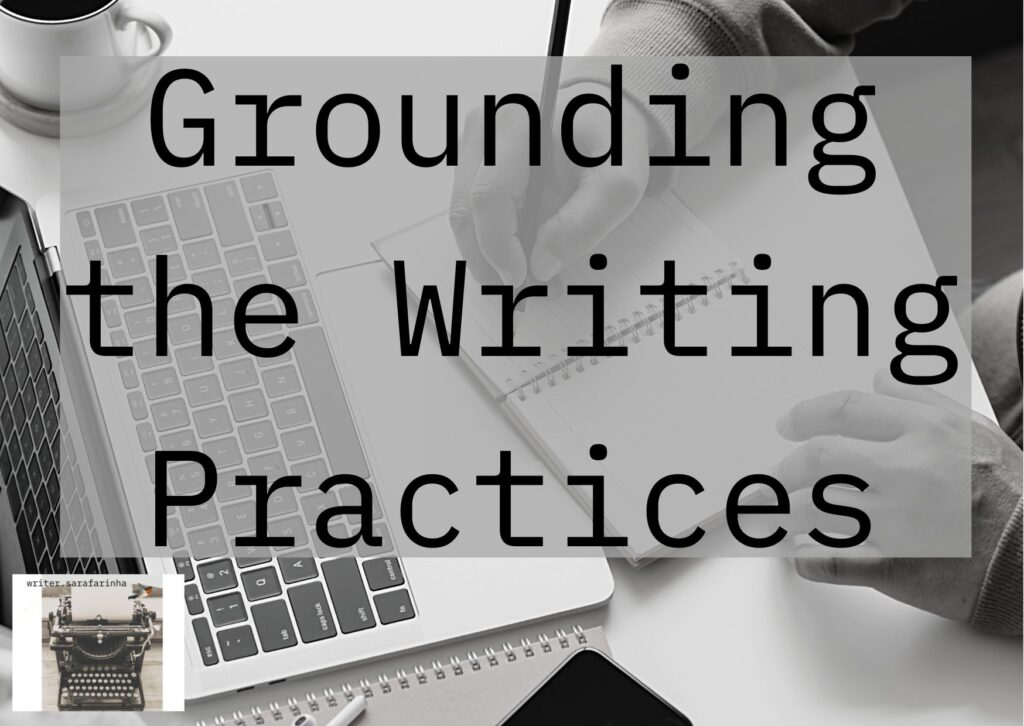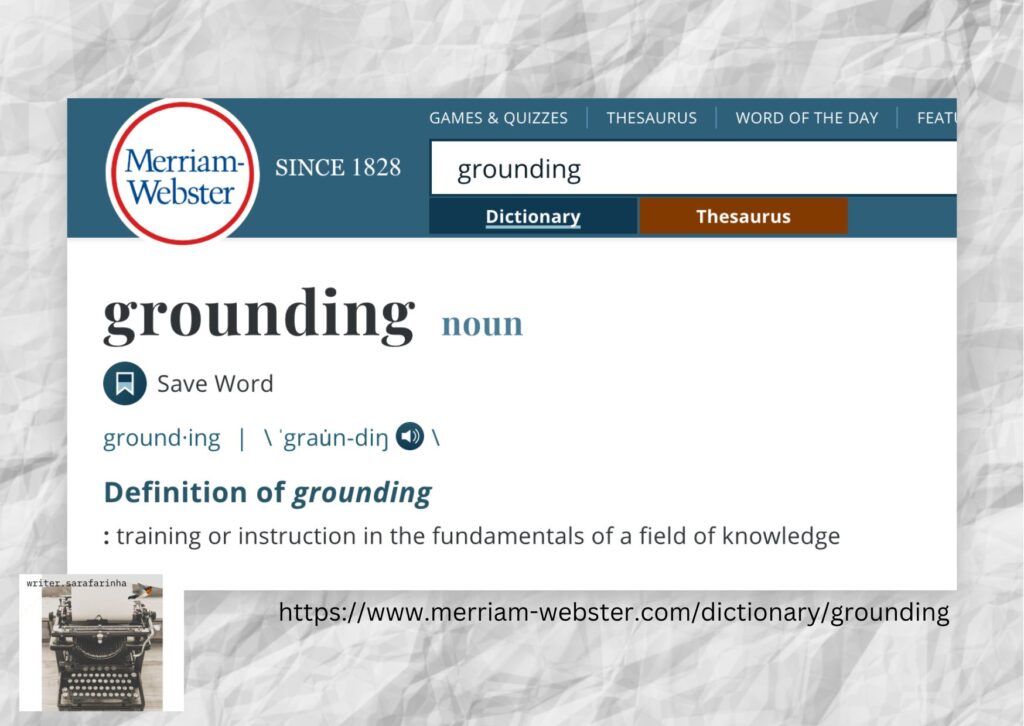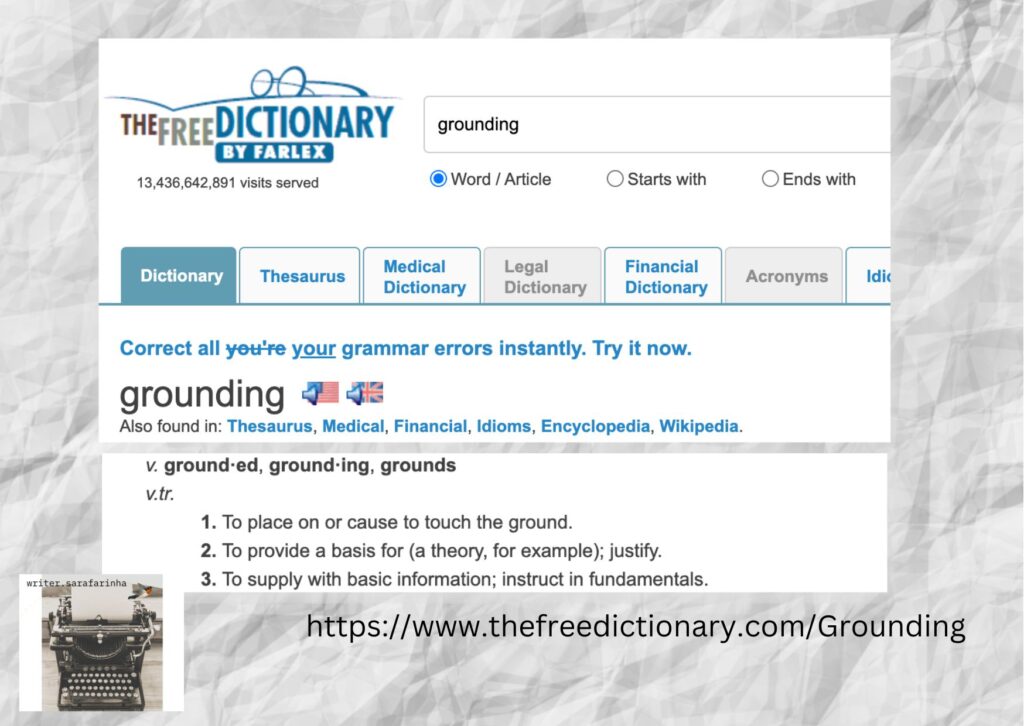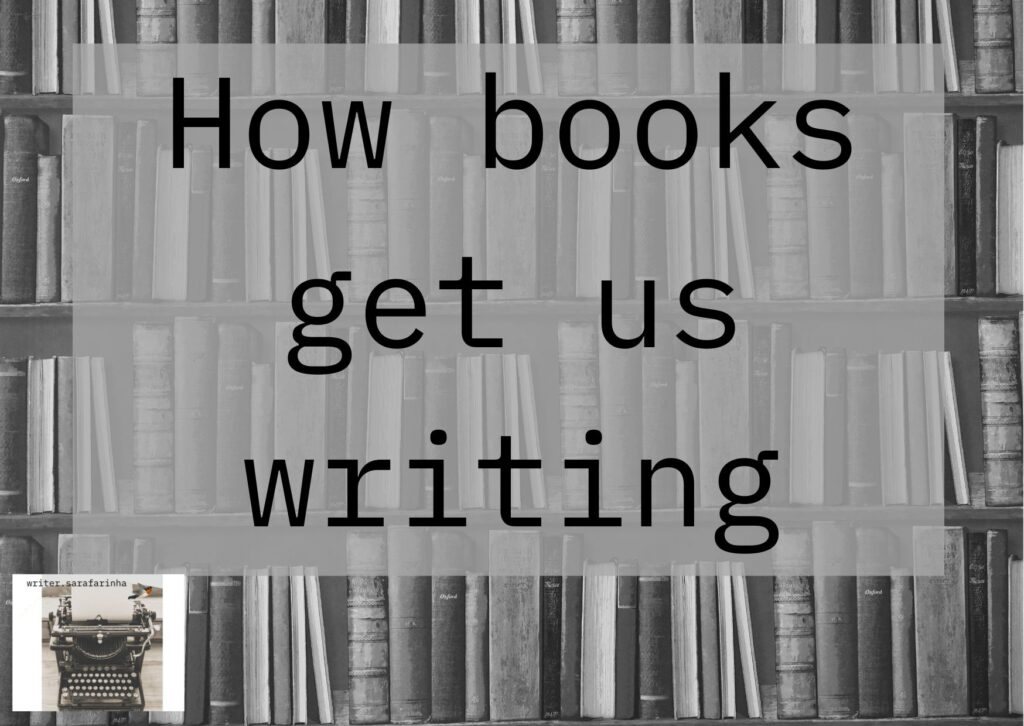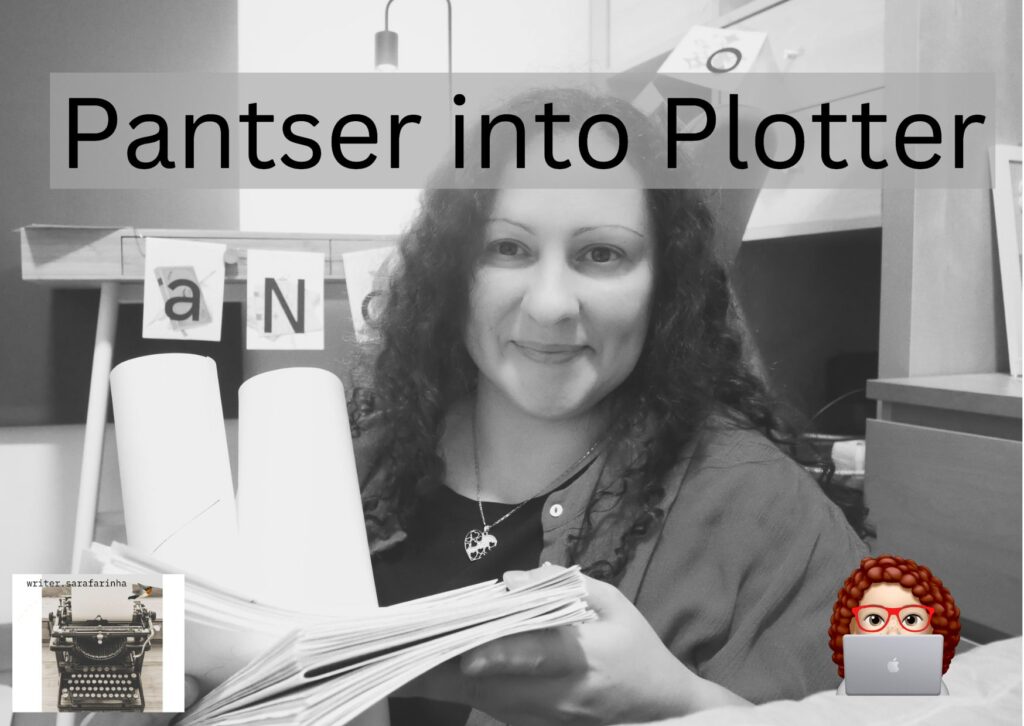
I guess as time passes, and we get to practice more and more of our writing, some things about ourselves are bound to change.
It’s not by chance that most writers start as pantsers and after a while evolve into plotters.
Why? I’ll tell you as much as I’ve lived it.
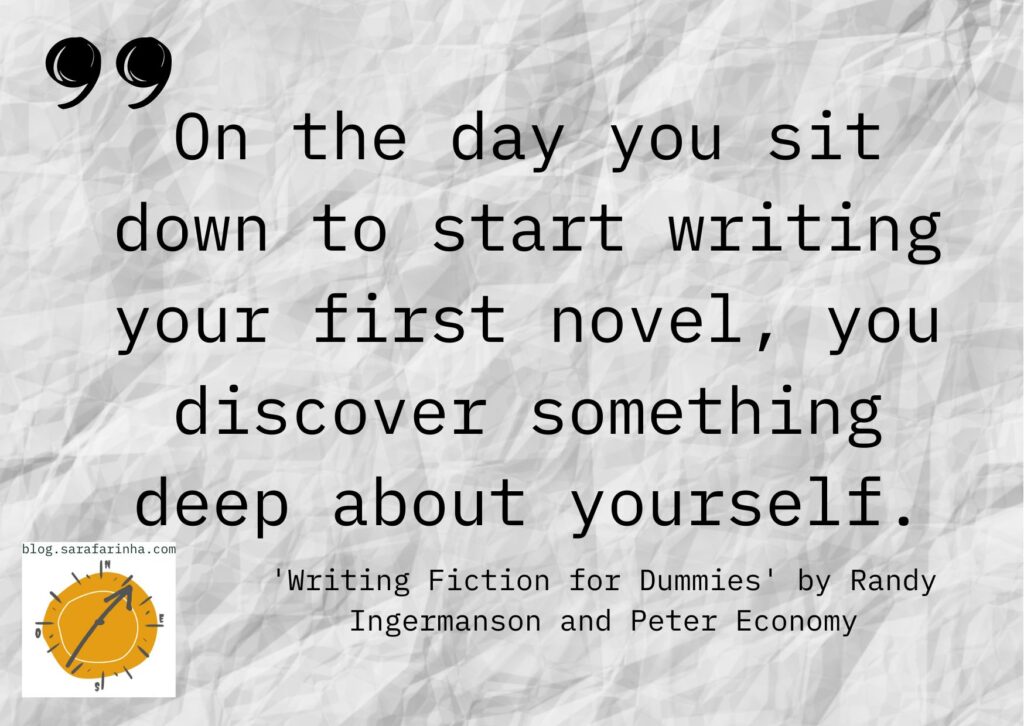
I don’t believe this was meant to be taken literally. But, yes. When we start to write our first novel we discover many different things about ourselves.
Not all of them are as deep as implied here. But most most of them are of the life changing variety.
The 4 Creative Paradigms
Picking up on the Creative Paradigms as explored on ‘Writing Fiction from Dummies’, meaning the methods we may use while writing the first and subsequent drafts, we have:
- Seat-of-the-pants (write in one sitting, without planning or editing)
- Edit-as-you-go (write without planning but edit thoroughly as you go)
- Snowflake (write a general plan, adapting it as you go)
- Outline (make a detailed plan, than stick to it regardless)
Our beliefs
When we start writing we want to be good immediately. We want to become the best. We learn how to do some tricks (those things that we read and thought them out of this world good) and pray they carry us into an organic, and not too troublesome, writing practice.
But, at that time, we hadn’t put in the how many?!?!?! working hours we need to have some proper insights on the work itself.
The pantser kind of is our first and most dearest friend. And he can stay that way if used for the parts where he does his best work, like imagining a plot.
So, a pantser writes his stories using the Seat-of-the-pants creative paradigm. A pantser writes fast, without planning much, making it up as he goes along.
A plotter write his stories using the Outline creative paradigm.
A plotter uses outlines to plan and write his story. He works out the kinks before getting himself into the trouble of writing a full draft.
My journey
Looking into my own writing practices, I have used all of the different creative paradigms.
Experimenting on what best fits my writing needs, seems to be my method, and I use them in different parts of the writing process also.
I believe it’s a good thing to respect each project and leave to it to dictate which method would serve him best. There are projects that ask for a quick plotting session and others that are best left to the heat of the moment inspiration.
But, one thing I had been noticing in my writing practice, other than it evolve regardless of should’s and shouldn’ts, is that each project seems to ask from me a different creative approach.
As I’ve been working on different lengths and types of stories, I understood that some require a bit more planning from the get going than others. As well as, some ask for more improvisation in order to flush out more creative ideas.
Also, there’s a creative paradigm more fit for a first draft of a story, and another quite different, for a second or third drafts. Why? Some give us more leverage to explore, while others are more suited for working out the things that aren’t good enough.
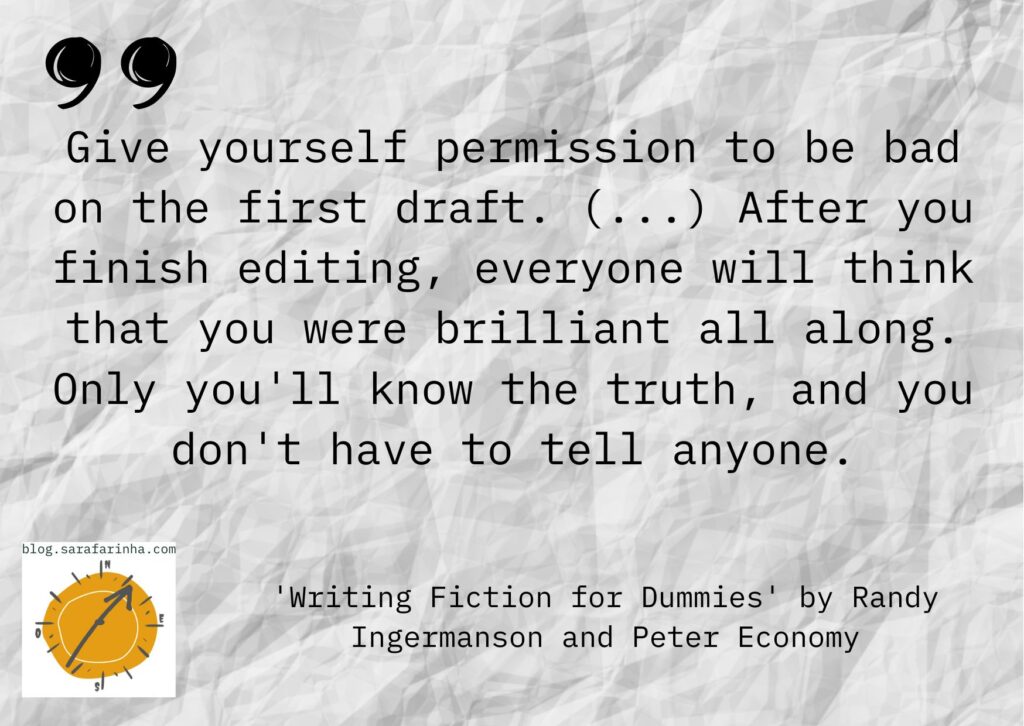
I had been using all of them, sometimes both pantser and plotter on the same writing project, just in different phases (drafts or composition materials) of it.
But I kind of figured out that, when we start writing, and have a practice for some years, we get to evolve naturally into using more wholesome writing methods.
We do not have the thrill of the major plot twist. I mean it in a sense of spilling everything onto the page with just that big goal in mind, not delivering on all the other requirements for a good story.
With practice we get to appreciate the composition of the story as a whole. Enjoying it best when we can work out all the details that will help us deliver that plot twist emotion seamlessly.
And it’s kind of easier to draft an entire novel if we have the guidelines previously written out.
Writing an extensive piece of literature is a tiring long run, a marathon, not a sprint. If we have the road clear, and all set up, we can walk it until the finish line, without many path corrections.
But I believe, the important thing to retain in this subject is: we show up to our work, we practice, we experiment, we write stories and we evolve as writers. Then, the creative paradigm will be our own, perfectly suited for our way of writing and being.
Hope you’re doing well and participating in this year’s NaNoWriMo. If so, how’s your project going?
Please leave a comment and subscribe for more content.
Bye and Keep writing! ✍🏼
***
References ✍🏼
- Book: ‘Writing Fiction for Dummies‘ by Randy Ingermanson and Peter Economy
- Writers Digest Article: What Is a Pantser in Writing?
- NaNoWriMo website
- Some music for writing
